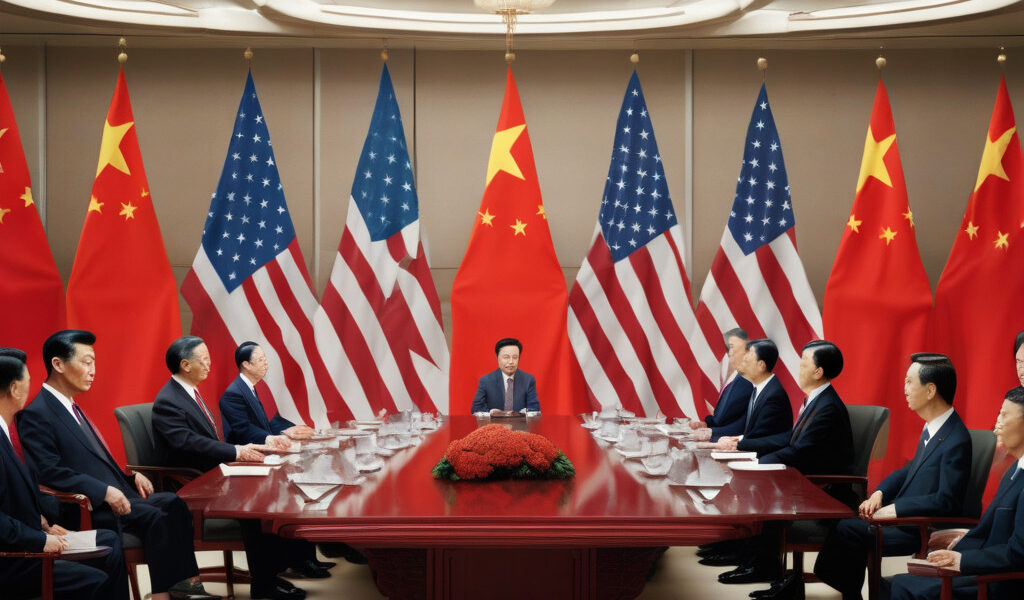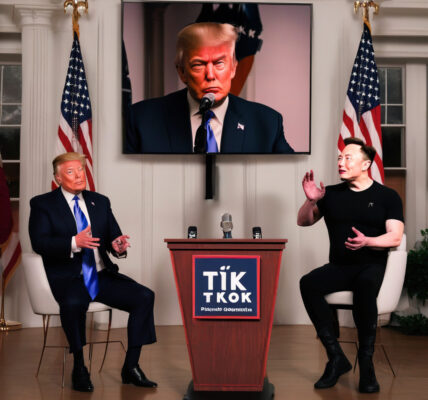China Launches Inquiry into US Chip Funding
China has recently embarked on an investigation into subsidies provided by the United States to its chip manufacturers, alleging market disruption and unfair competition. This move marks a significant development in the ongoing trade tensions between the two economic powerhouses and could have far-reaching implications for the global tech industry.
The Chinese government’s inquiry focuses on the financial support that the US government offers to domestic semiconductor companies. By providing subsidies to these firms, the US aims to bolster its technological capabilities and reduce its reliance on foreign suppliers, particularly in light of growing concerns about national security.
However, Chinese officials argue that these subsidies distort the global market for semiconductors and put Chinese chipmakers at a competitive disadvantage. They claim that the US funding gives American companies an unfair edge by allowing them to lower prices and expand their market share beyond what would be possible in a truly free market.
The investigation comes at a time when tensions between the US and China are already running high, with disputes over trade, technology, and human rights casting a shadow over their bilateral relations. The semiconductor industry, in particular, has been a focal point of these tensions, as both countries vie for dominance in this critical sector.
China’s probe into US chip funding could lead to retaliatory measures, such as tariffs or sanctions, further escalating the trade conflict between the two nations. This, in turn, could disrupt global supply chains and drive up costs for tech companies worldwide, impacting everything from consumer electronics to advanced manufacturing.
Moreover, the inquiry underscores the strategic importance of the semiconductor industry in the modern economy. Semiconductors are the building blocks of the digital world, powering everything from smartphones and laptops to data centers and autonomous vehicles. As such, control over this key technology has become a geopolitical flashpoint, with countries competing not just for market share but also for technological supremacy.
In response to China’s investigation, the US has defended its subsidies to the semiconductor industry as necessary for maintaining its technological leadership and ensuring national security. American officials argue that government support is essential for fostering innovation, driving R&D, and protecting strategic industries from foreign competition.
The outcome of China’s inquiry into US chip funding remains uncertain, but one thing is clear: the global tech landscape is rapidly evolving, shaped by geopolitical rivalries, economic interests, and technological advancements. As countries jockey for position in the digital age, the semiconductor industry will continue to be a battleground where competing visions of the future collide.
In the end, the winners and losers of this high-stakes game will not just be individual companies or nations but the entire global economy, which relies on the smooth functioning of the tech sector for growth and innovation.
#China, #US, #ChipFunding, #SemiconductorIndustry, #GlobalTradeRelations












